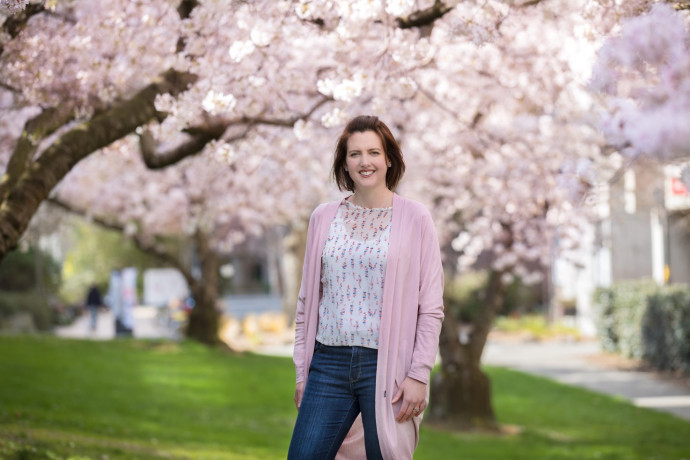Laura Revell

2022: Associate Professor Laura Revell, from Te Whare Wānanga o Waitaha University of Canterbury, has been awarded a Rutherford Discovery Fellowship for research titled ‘Airborne microplastics in a changing climate’
Published on 27 Whiringa-ā-nuku October 2022
Biography
Associate Professor Revell received her PhD from the University of Canterbury in 2012, and went on to a 2-year Postdoctoral fellowship at ETH Zürich. After a small stint in industry, she returned to academia at the University of Canterbury in 2018. Last year she received the Royal Society Te Apārangi Cooper Award for Early Career Research Excellence in Technology, Applied Sciences and Engineering.
Associate Professor Revell is a world leader in the emerging field of airborne microplastics, where she develops best-practice methods to measure their concentrations and models their impacts on climate. Her work on how airborne microplastics contribute to climate change was published in Nature last year and received global media attention. Her expertise in aerosols extends beyond microplastics, including the influence of the Antarctic ozone hole on climate change and the potential atmospheric impacts of rocket emissions from the burgeoning space industry.
Research summary
Microplastics are tiny particles of plastic that have become widespread in our atmosphere. Due to their small size and light weight, microplastics are easily transported around the Earth by winds, impacting human and ecosystem health. Plastic waste is converted into microplastics through long-term environmental exposure and transitions between land, atmosphere and ocean via the ‘plastic cycle’. With an estimated 5 billion tons of plastic already accumulated in the environment, we’d still have microplastic problems for decades to come even if plastic production were to be halted today.
The chemical and particle composition of the atmosphere plays an important role in Earth’s climate regulation. Microplastics have properties that can both warm (by absorbing light and trapping heat) and cool (by reflecting light) the planet. Crucially, the balance of these two climate-conflicting properties isn’t well understood. Beyond this, and perhaps even more influential, microplastics may also seed cloud formation and affect their brightness and longevity, but no one has yet studied microplastic-cloud interactions. To truly understand how microplastics affect our perilous climate, more work is urgently needed.
In her Rutherford Discovery Fellowship, Associate Professor Revell will deepen our understanding around airborne microplastics abundance, distribution, and climate interactions. Through field, lab, and modelling studies, as well as globe-spanning collaborative networks she will address key unknowns in airborne microplastics research. From here it’s hoped that the models and data generated can influence global policy and industry on plastic production and waste processing. Ultimately, the goal is to better equip us in our ongoing fight against man-made climate change.
